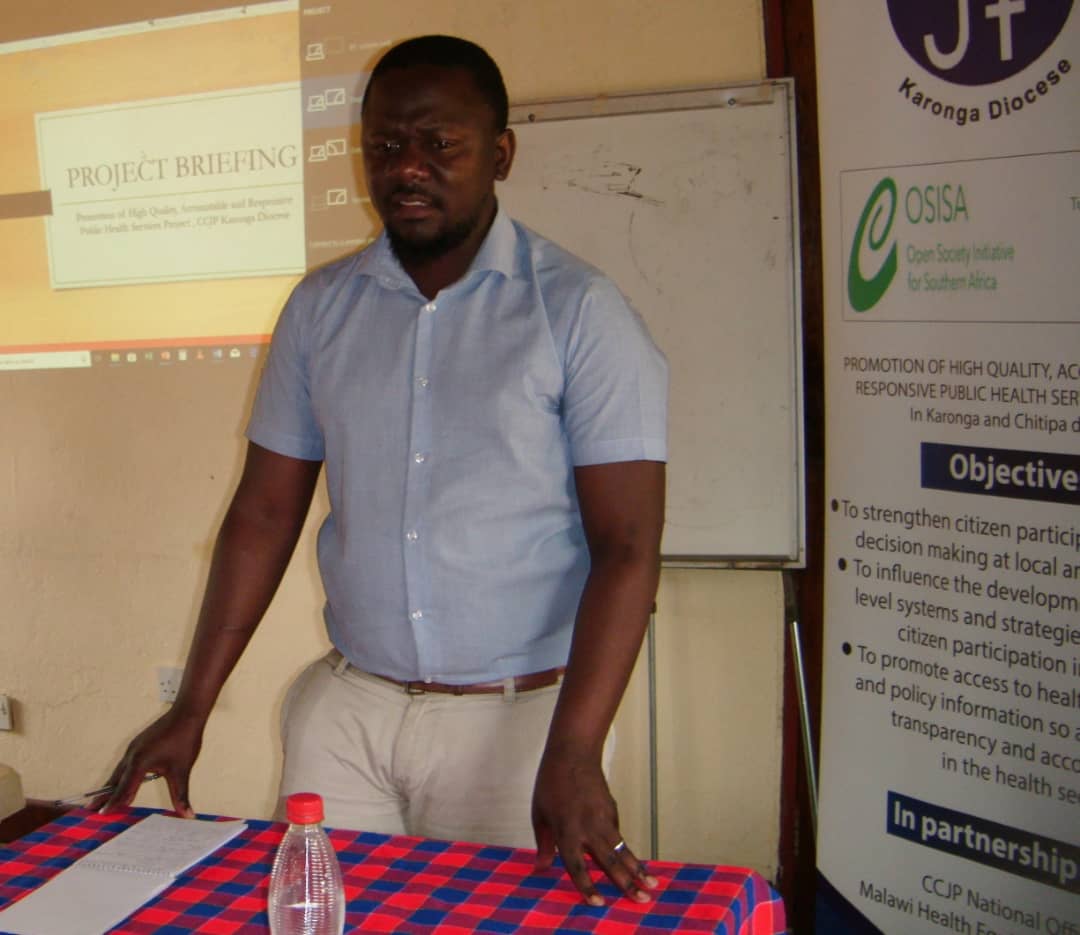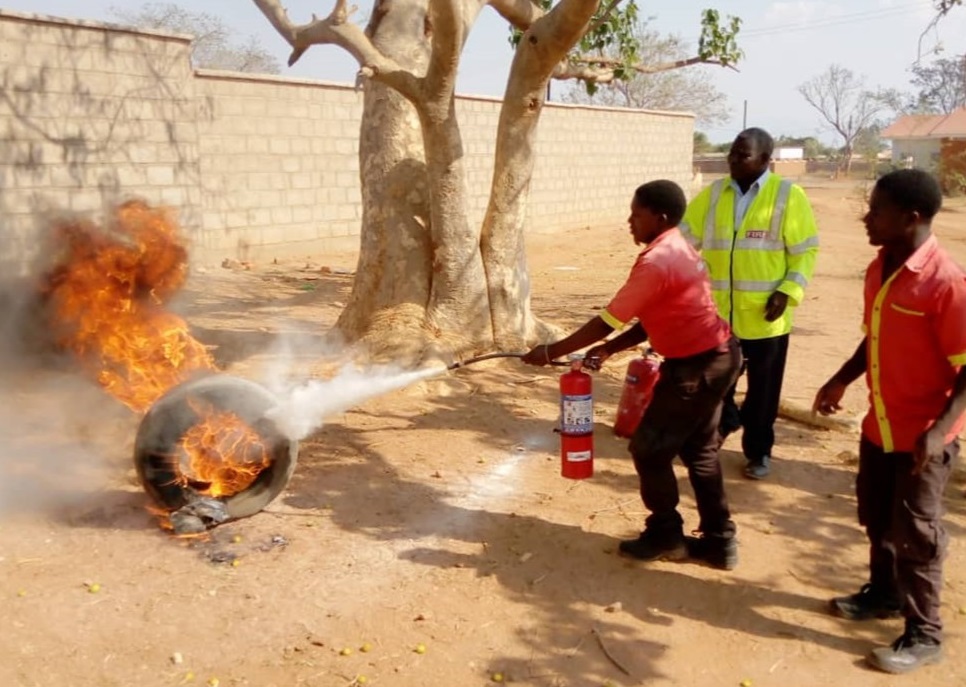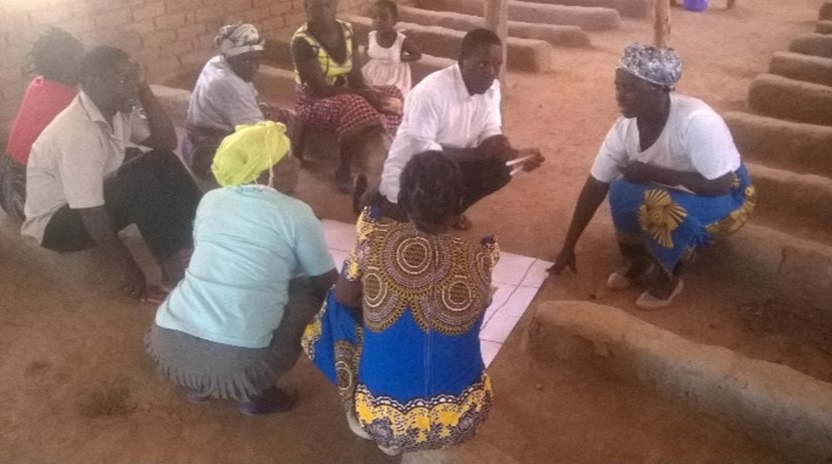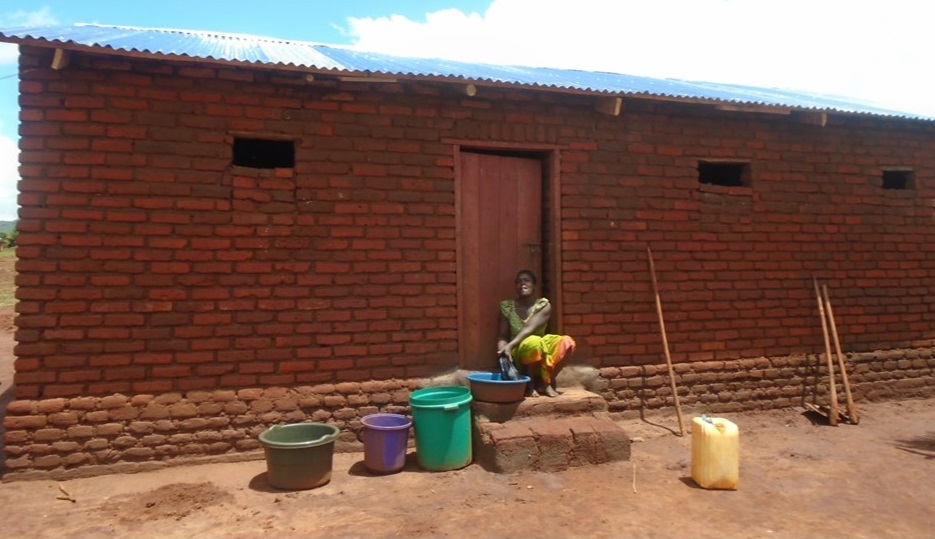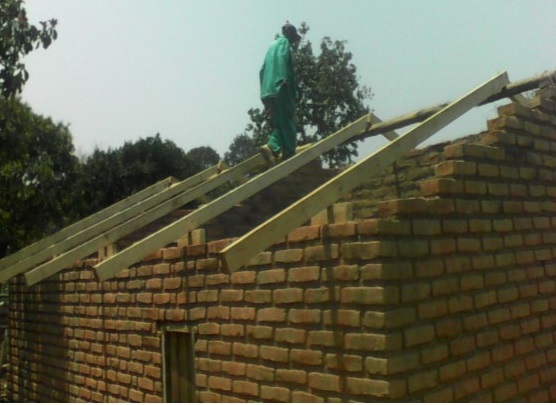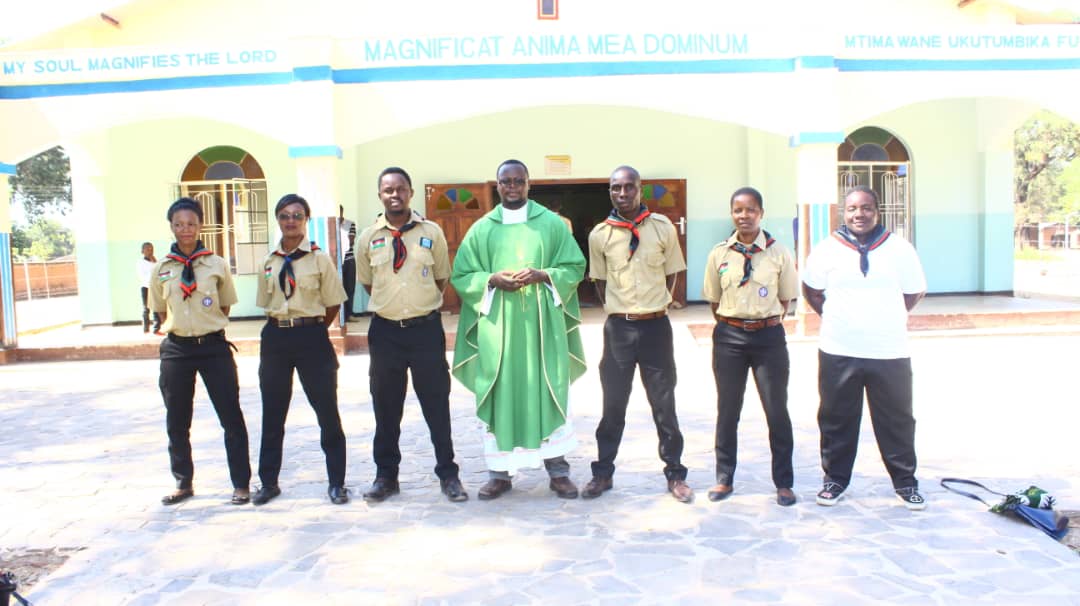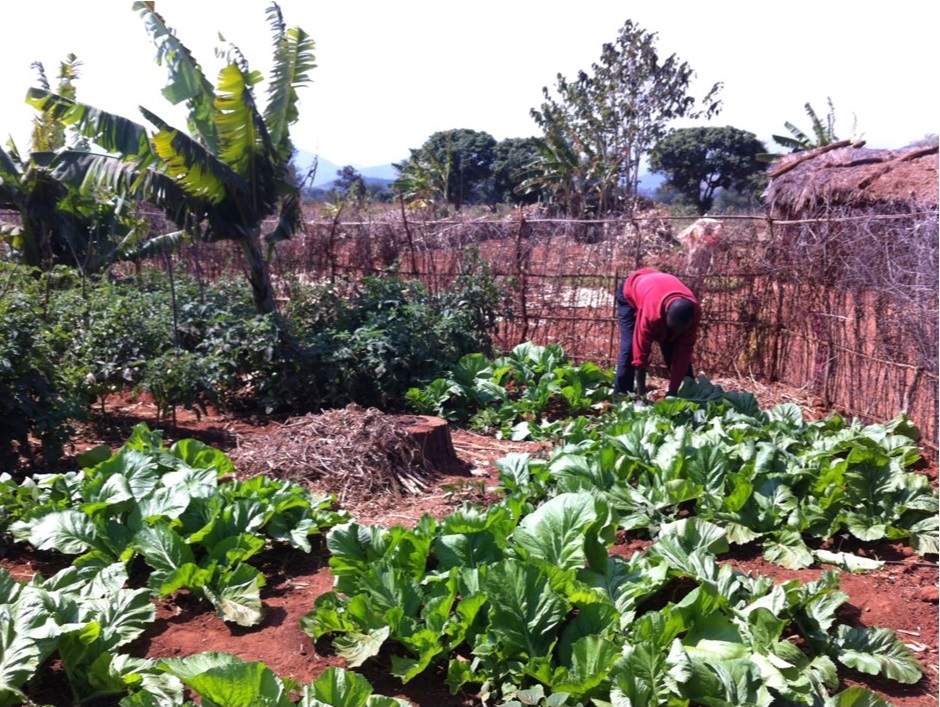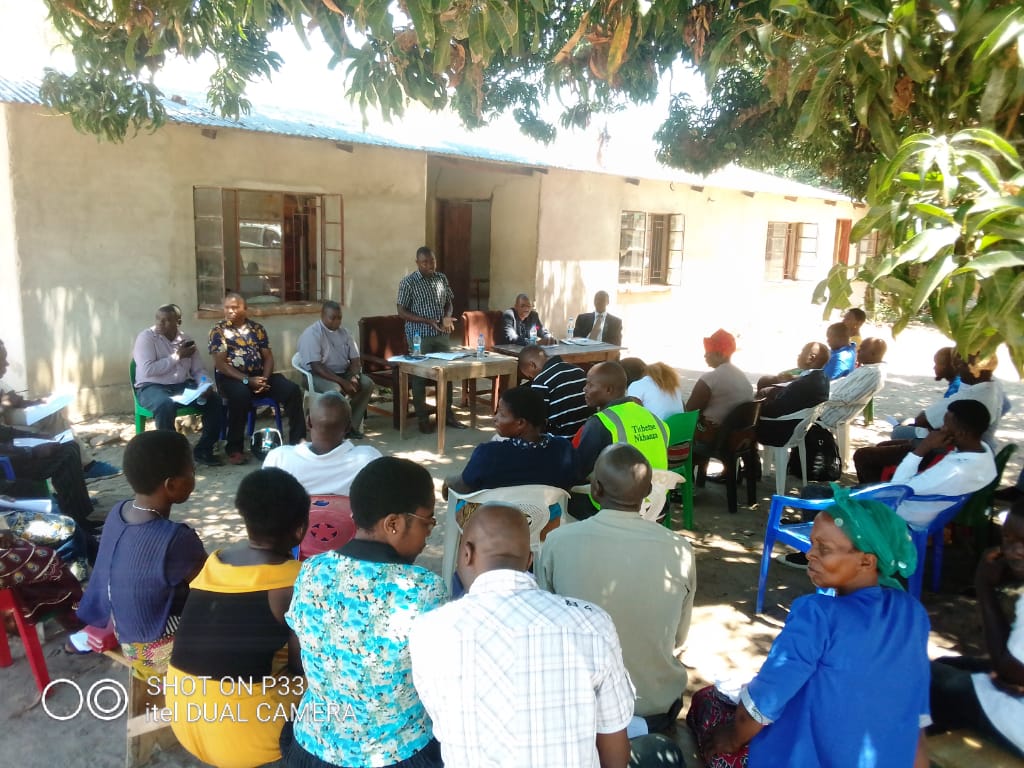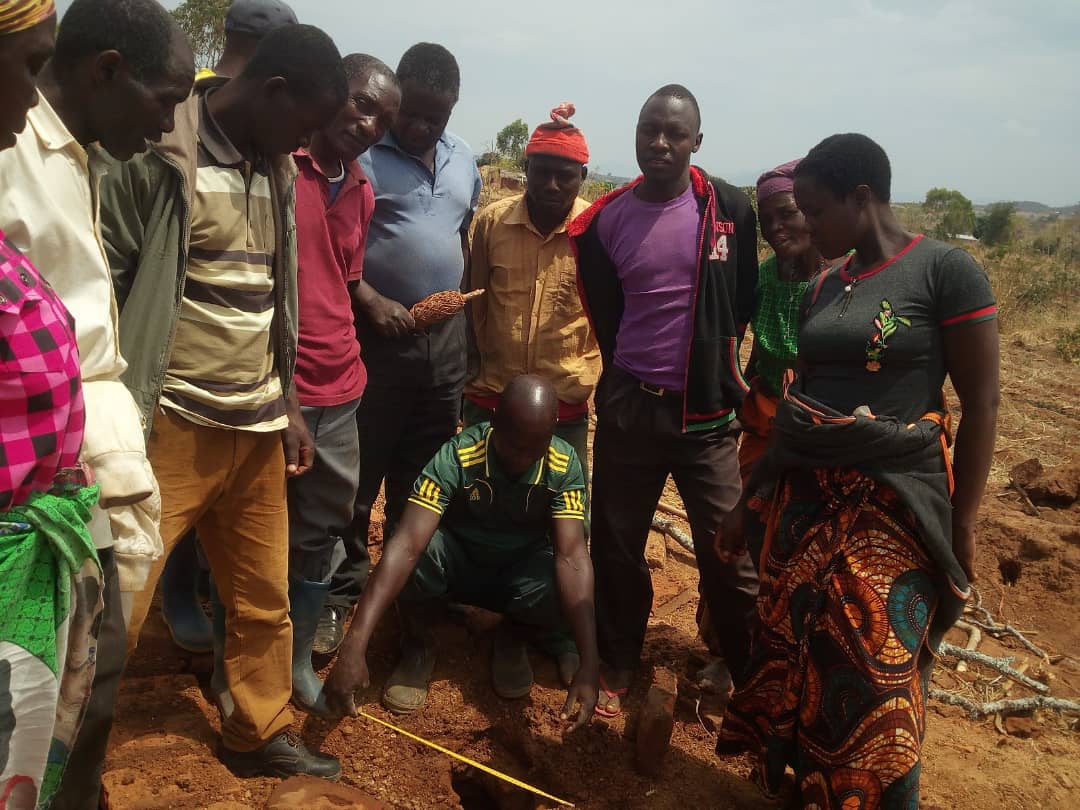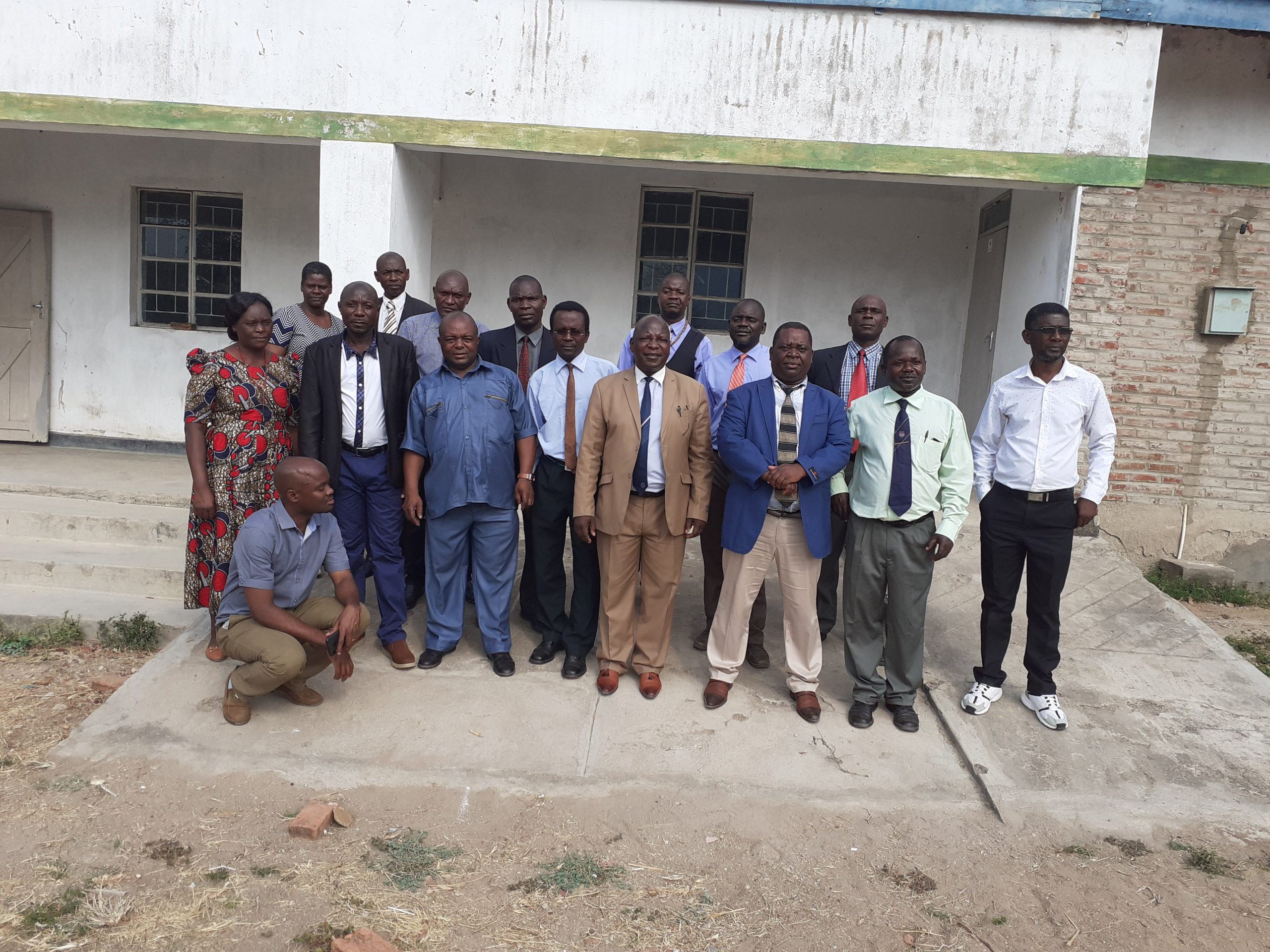Justice and Peace Desk Lobbies for the Relocation of Office of DHSS to District Council Offices
By Obert Mkandawire On 29th October, 2019, the Justice and Peace Desk, through the OSISA funded health governance project, held a meeting at Club Marina in Karonga to influence the effective implementation of the decentralization process, policies and strategies...
Read MoreChitipa Filling Station Fuel Attendants Attain Fire Fighting Skills
By Stephano Nkhata The Diocese of Karonga has trained fuel attendants at her Chitipa Filling Station on how to use handheld fire extinguishers to stop fire in case it occurs at the site. This day long training took place at...
Read MoreDevelopment Desk Emphasizes the Importance of Gross Margin Analysis in Farming Business
By Harold Mwale One most important aspect that entrepreneurs overlook in starting and managing a farm business is that of gross margin. Thanks to Development Desk’s ACCES Plus (A+) Project which facilitated a training in gross margin analysis for farmers...
Read MoreVillage Savings and Loan Constructs a House for Tiness Silumbu
By Gibson Ngwira Tiness Silumbu was yet to live in a better house thatched with corrugated iron sheets since her birth and little did he know she would ever live in such a house when she joined a village savings...
Read MoreCADECOM Vocational Skills Training Giving Second Chances to Men in Chisenga
By Bridget mushani Even at village level, people can only hire people with a certain level of proficiency in a trade, people claim to be theirs. The case of Chimwemwe Nyondo, was not different whose problems began when he had...
Read MoreCatholic Scout Organisation Introduced at St Mary’s Parish, Karonga
By Scout Coordinator Leaders of the Catholic Scout Organisation of the Diocese of Karonga on Sunday 27th October, 2019 visited St Mary’s Parish in Karonga Diocese to introduce the organization at the parish. The team was led by the...
Read MoreDevelopment Desk Promoting Sustainable Agricultural Practices (SAPs) in T/A Mwaulambia
By Saloom Longwe The common myth among farmers, subsistence and commercial alike, is no chemical fertilizer, no high crop production. This used to be the belief of Nighted Mwakapenda and fellow farmers in Mwaulambia, before they were introduced to sustainable...
Read MoreJudicial Vicar Reiterates the Church’s Role in Promoting Transparency and Accountability
By Norbert Tambalamtuwa Mzembe Judicial Vicar of the Diocese of Karonga, Reverend Father Doctor Steven Bulambo, says the Catholic Church, though the Justice and Peace Desk, will not relent to advocate for justice in the society by ensuring that community...
Read MoreKaronga Diocese Development Desk Trains Sanitation Entrepreneurs
By Leah Nyondo Water Sanitation and Hygiene (WASH) project under the Development Desk of Karonga Diocese conducted training of sanitation entrepreneurs at Immaculate Heart of Mary Parish (Chisankhwa) from 17th to 21st October 2019. The training aimed at equipping sanitation...
Read MoreAssociation of Catholic Head Teachers Hold Their First Meeting of the Academic Year
By Madalitso Mbalazada The Association of Catholic Head Teachers (HAC) of the Diocese of Karonga held their first meeting of the 2019/20 school session on 18th of October, 2019 at Fulirwa Community Day Secondary School in Karonga. The association, which...
Read More
